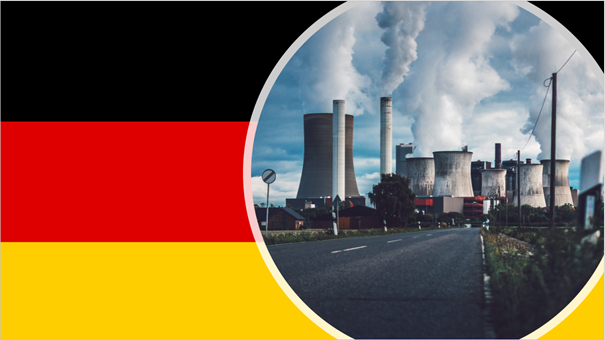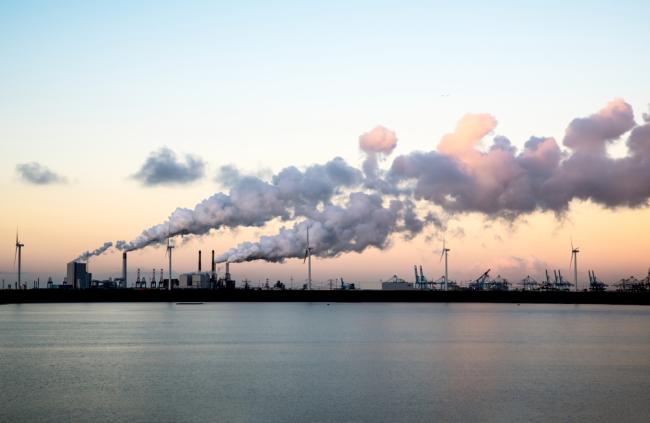
Practical information
Themes and regions
Related centers and programs
Germany's September Parliamentary elections opened the way for coalition negotiations that may last until December. Yet first hints at directions and red lines in energy and climate policy can be identified as the country must prepare for an accelerated decarbonisation.

The meeting will discuss current policy options on the table, areas of agreement and of disagreement, what needs to happen in the coming few years to bring Germany on the path to the 2030 emission reduction trajectory, and what are the implications for neighbours and the EU.
Chair: Marc-Antoine Eyl-Mazzega, Director, Center for Energy & Climate, Ifri
Speaker: Felix Christian Matthes, Research Coordinator for Energy & Climate policy, Öko-Institut
Discussant: Carole Mathieu, Head of EU Policies, Center for Energy & Climate, Ifri
Closed-door seminar - by invitation only.
The debate will be conducted in English.
Find out more
Facing a Wall: Climate in the German Elections and Perspectives for France
All key candidates have climate neutrality by 2045 in sight, yet Germany is preparing to embark on a high-speed decarbonization train that has neither enough power nor rails to lead to its final destination. Beyond slogans and principles, effective strategies have often been missing.
After the Hydrogen Bubble Bursts: The Factors Shaping and Possibly Unfolding International Hydrogen Value Chains
The laws of physics and the geographic realities will prevail over the myths of hydrogen (H2): it will essentially be delivering carbon-neutral feedstocks to the chemical and steelmaking industries, carbon-neutral fuels to shipping and aviation, and eventually ensuring security in fully decarbonized power grids.
CCUS in Europe: A New Role and Implications for France and Germany
A second wave of carbon capture, utilization and storage (CCUS) projects is under development, and it is much different from the 2000 wave. While Norway, the United Kingdom and the Netherlands are at its forefront, France and Germany have major competencies, and many projects could be carried out in these countries.
Related Subjects
Other events

EV Supply Chains for Japan and Europe: Strengthening Economic Security
Economic security aims to ensure the resilience of supply chains for key industries: the case of electric vehicle production in Japan and Europe will be discussed.

From Ambition to Action: Exploring Technological Partnerships with India
The 16th EU-India Summit, held on January 27th in New Delhi with European leaders António Costa, Ursula von der Leyen, and Prime Minister Narendra Modi, marks a significant milestone in deepening EU-India relations. At the same time, official bilateral visits from EU member states are on the rise, including that of the French President, who visited India in February to participate in the Artificial Intelligence Summit. As India asserts its technological ambitions and seeks to reduce its dependence on China, Europe is stepping up its efforts to diversify its strategic partnerships.









